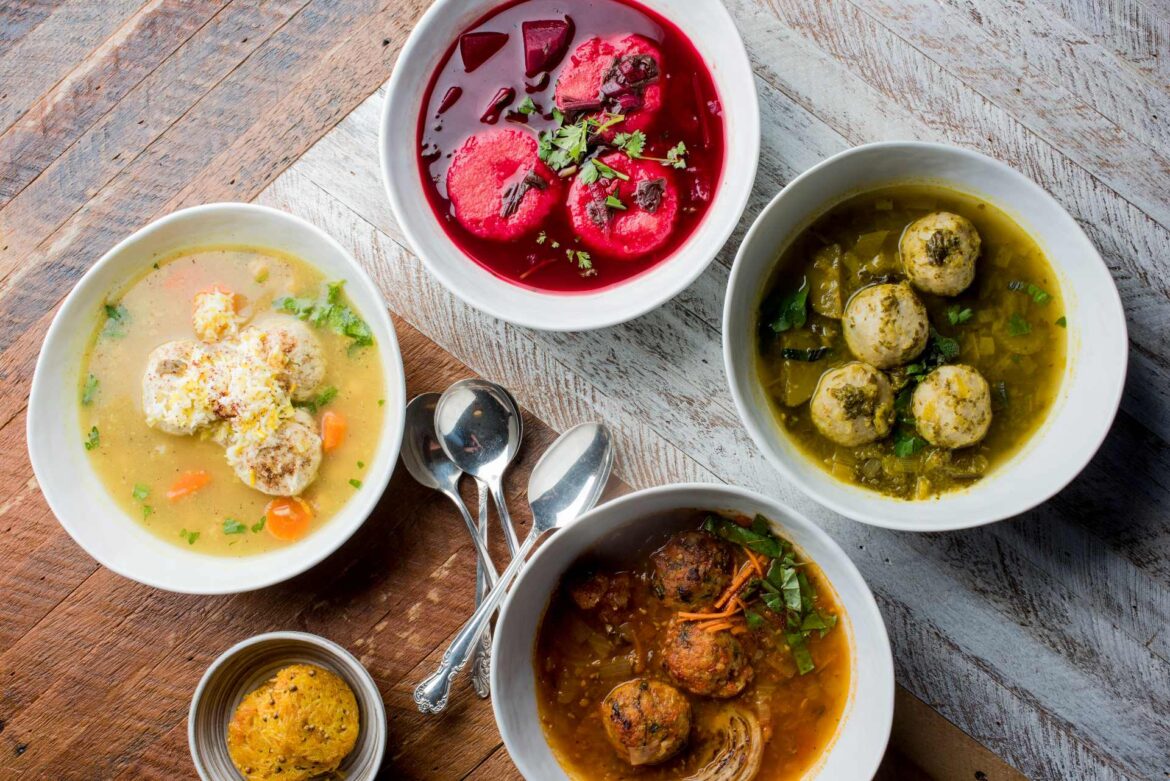1K
The rules for kosher eating are laid down in the Kashrut – the Jewish dietary laws.
Kosher eating: The rules of kashrut
In Jewish cuisine, some foods and methods of preparation are considered kosher, others trefe. What is kosher may be eaten, what is considered trefe is not kosher and therefore not permitted.
- Meat: Meat from ruminant, domesticated animals with cloven hooves is considered kosher. The meat of sheep and cows is therefore kosher, the meat of pigs, rabbits and horses is trefe.
- Fish and seafood: In the case of aquatic animals, only those with scales and fins are considered kosher. Seafood such as mussels and prawns are therefore trefe, as are squid, whales and seals.
- Reptiles and insects: Snakes, lizards, turtles and other reptiles as well as insects of all kinds, snails, frogs and bats are also trefe according to kashrut.
- Kosher poultry: Domesticated birds may be eaten – but not carrion-eating birds or birds of prey. In addition, they must meet certain anatomical criteria. This means that storks, cranes and ostriches, for example, are not allowed
- Animal husbandry and slaughter: Only animals that have been kept in a species-appropriate manner (i.e. not in factory farming), are healthy and have been slaughtered in a stress-free manner are considered kosher. Slaughtering is mandatory in order to separate meat and blood – because blood is trefe. The consumption of hunted animals is not permitted
- Separate milk and meat: Anyone who eats a kosher diet never eats meaty and dairy foods at the same time. This includes not only milk and meat, but also all products made with them.

